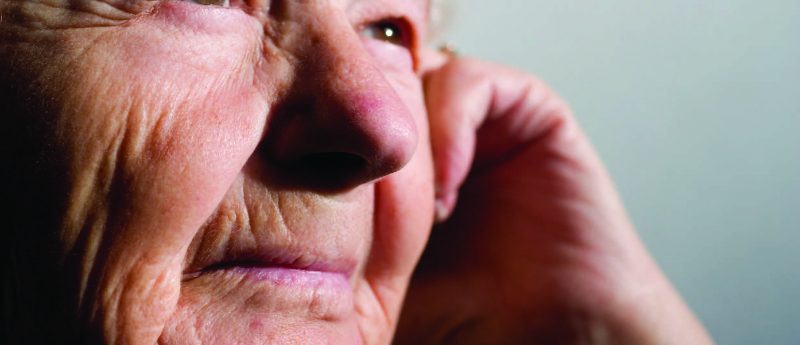Could anti-aging therapy utilize new CSB protein result?

Researchers have shown that irreversible aging may be caused by progressive depletion or dysfunction of CSB protein, resulting in cellular senescence.
Researchers from the Institut Pasteur (Paris, France) have demonstrated that the progressive depletion or dysfunction of Cockayne syndrome group B protein (CSB protein) drives proliferating cells into irreversible ageing.
According to the study, published in Nature Communications, the depletion of the protein may be an early trigger for creating senescent cells, a state which has been suggested to play a role in organ degeneration and age-related diseases. Previously, it has been demonstrated in animal models that the clearance of senescent cells is associated with slower ageing and a longer health-span, suggesting that the protein could eventually play a role in anti-aging therapies.
In patients, a defect in CSB protein leads to Cockayne syndrome; a condition that causes photosensitivity, early ageing, an intellectual deficit and progressive neurological disorders.
“We had previously shown that the absence or impairment of CSB is also responsible for dysfunction of mitochondria, the power plant of cells,” explained Miria Ricchetti (Institut Pasteur). “This new study reveals the very same alterations in replicative senescence, a process strictly linked to physiological ageing.”
The progressive decrease of CSB appears to be caused by an epigenetic modification at the gene’s loci, with the loss of Histone-3 acetylation. By decreasing CSB, the team claimed HTRA3 is increased, resulting in mitochondrial impairment and senescence.
Interestingly, a small molecule that could reverse the symptoms of Cockayne syndrome when tested in patient cells was also able to reduce the commitment of normal cells to senescence.
“These studies demonstrate an important link between the [pathological] accelerated ageing process and normal ageing, and also expose the CSB protein as a key factor against cellular ageing” concluded Ricchetti.
Sources: Crochemore C, Fernández-Molina C, Montagne B, Salles A and Ricchetti M. CSB promoter downregulation via histone H3 hypoacetylation is an early determinant of replicative senescence. Nat. Commun. 10, 5576 (2019); www.pasteur.fr/fr/journal-recherche/actualites/equipes-institut-pasteur-identifient-proteine-cle-liee-au-vieillissement
Have any additional questions about this story? Ask us in the comments, below.
Find out more in these top picks from the Editor:
- Combination gene therapy could tackle aging
- TZAP protein may regulate cellular aging
- Targeting senescent cells is important for anti-aging